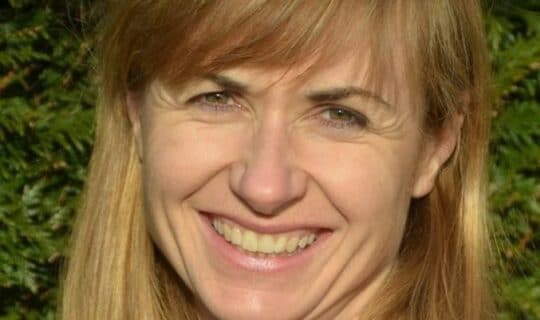
Professor Nicola Harris
Department of Immunology & Pathology, Central Clinical School, Monash University
- 11:00
- Online, https://monash.zoom.us/j/81025731696?pwd=R3JVeVhyM0tLdWozUFVmeTUxS1dvZz09
- A/Prof Mikael Martino
Eosinophils promote homeostatic adaption of the intestinal tissue following microbial colonisation
Abstract
The small intestine is the largest reservoir of eosinophils under homeostatic
conditions, yet their role within this tissue remains unknown. To investigate
this we utilized a recently developed wholemount imaging technique
optimized for the visualization of whole intestinal villi (3D), on eosinophildeficient
Δdbl.GATA1 mice to assess any structural anomalies that may
result in the absence of intestinal eosinophils. Our data suggest significant
atrophy of small intestinal villi occurs in response to microbial colonization
and that eosinophils help to protect the tissue from microbial induced
damage. Eosinophil deficiency also resulted in altered intestinal transit time,
increased barrier permeability and altered immune homeostasis.
Ultrastructural analysis of eosinophils from normal or germ-free mice
revealed a role for the microbiota in regulating eosinophil activation, whilst
comparative RNA-seq analysis suggested a role for eosinophils in regulating
inflammation and the extracellular matrix. Collectively, our findings provide
evidence for a critical role of eosinophils in facilitating tissue homeostasis
following microbial colonisation.
Bio
Nicola Harris was born in New Zealand where she completed her
undergraduate studies and PhD thesis. In 2002 she moved to Switzerland as
a postdoctoral fellow at the University of Zurich, then later as an Assistant
Professor at the ETH Zurich. In August 2009 joined the Swiss Vaccine
Research Institute (SVRI), EPFL, Lausanne, where she was promoted to
Associate Professor and gained a prestigious ERC starting grant. In 2018 she
moved to Melbourne, Australia where she is currently laboratory head and
NHMRC senior research fellow, located within the Department of Immunology
and Pathology, Monash University, Central Clinical School, Alfred Medical
Research and Education Precinct. Her laboratory studies type two immune
responses with a particular focus on understanding their role in immune
protection, physiology and wound repair/tissue regeneration both in health
and following intestinal helminth infection.
